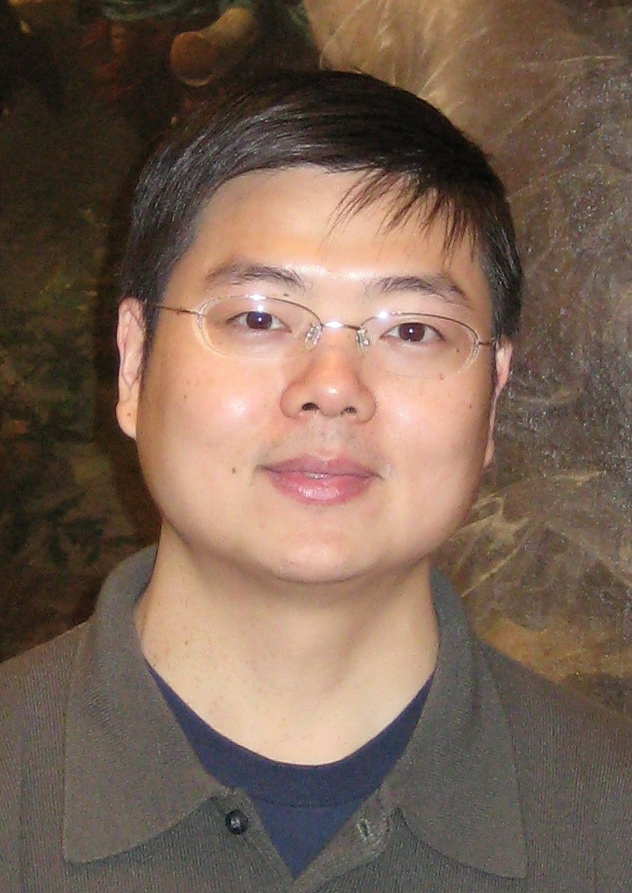





[Download the PDF Call for Papers]
Stochastic computing (SC) was first introduced in the 1960s for logic circuit design, but its origin can be traced back to von Neumann’s work on probabilistic logic. In SC, real numbers are encoded by random binary bit streams, and information is carried on the statistics of the binary streams. SC offers advantages such as hardware simplicity and fault tolerance. Its promise in data processing has been shown in applications including neural computation, decoding of error-correcting codes, image processing, spectral transforms and reliability analysis. As a different paradigm, approximate computing (AC) employs design methodologies that exploit the notion that many systems and applications can tolerate some loss of accuracy in the computation result. Such applications include signal processing, recognition, search, data mining and machine learning. AC leverages the unique feature of error resilience in these applications and searches for solutions that allow computing systems to trade quality for energy. AC spans a wide range of research activities from circuits to programming languages. It includes arithmetic circuit design at the transistor and logic levels, approximate memory and storage (including SRAM, DRAM and non-volatile memories), and various approximate processor architectures (including neural networks, general-purpose and reconfigurable processors, graphic processing units, and FPGAs). SC and AC are interrelated disciplines that have recently become very active due in part to their applicability to nanoscale electronics technology.

IBM Thomas J. Watson Research Center
Abstract
Approximate computing and stochastic computing are two computing paradigms that are different from the currently widely used binary (digital) computing. Both have been studied for many years with some promising properties, but research interests have been mainly academic and have never become a main stream. The new trends of information technology, revolutionized, in part, by big data, deep learning, cloud, mobile and social interactions, will, however, change such a stagnancy for these two research communities. The recent realization of quantum computing from being a scientific vision (or fiction) to being accessible for masses will further catalyze such a change. This talk will explore some aspects of those trends, and argue for an unavoidable (and even pleasant) necessity of embracing such a change. Some concrete uses cases will also be discussed in the context of welcoming a new era of computing.
Biography
Dr. Jinjun Xiong is currently Program Director for Cognitive Computing Systems Research at the IBM Thomas J. Watson Research Center. He is responsible for defining the scientific agenda and strategic directions for advanced cognitive computing systems research across industries, academia and governmental agencies. In that capacity, he co-directs the IBM-ILLINOIS Center for Cognitive Computing Systems Research (C3SR). Prior to that role, Dr. Xiong was a manager of the Smarter Energy group, responsible for the IBM Research’s Big Bet Program on Smarter Energy Research, including its strategies and execution. He also pioneered the statistical data-driven methodology for improving VLSI chip yields, and developed many novel variational-aware design optimization techniques that were used by multiple generations of IBM's high performance ASIC and server designs. Dr. Xiong received his Ph.D. degree in Electrical Engineering from University of California, Los Angeles in 2006. His research interests include cognitive computing, big data analytics, deep learning, smarter energy, and application of cognitive computing for industrial solutions.
Submissions are welcome on topics including:
Prospective authors are invited to submit full-length papers (up to 4 pages for technical content, an optional 5th page containing only references) and extended abstracts (up to 2 pages, for paperless industry presentations and Ongoing Work presentations). Manuscripts should be original (not submitted/published anywhere else) and written in accordance with the standard IEEE double-column paper template. Accepted full-length papers will be indexed on IEEE Xplore. Accepted abstracts will not be indexed in IEEE Xplore, however the abstracts and/or the presentations will be included in the IEEE SPS SigPort. Accepted papers and abstracts will be scheduled in lecture and poster sessions. Submission is through the GlobalSIP website at http://2017.ieeeglobalsip.org/Papers.asp.
Notice: The IEEE Signal Processing Society enforces a “no-show” policy. Any accepted paper included in the final program is expected to have at least one author or qualified proxy attend and present the paper at the conference. Authors of the accepted papers included in the final program who do not attend the conference will be subscribed to a “No-Show List”, compiled by the Society. The “no-show” papers will not be published by IEEE on IEEEXplore or other public access forums, but these papers will be distributed as part of the on-site electronic proceedings and the copyright of these papers will belong to the IEEE.
| Paper Submission Deadline | June 2, 2017 |
| Review Results Announced | July 17, 2017 |
| Camera-Ready Papers Due | August 5, 2017 |
Warren Gross, McGill University
Vincent Gaudet, University of Waterloo
Jie Han, University of Alberta